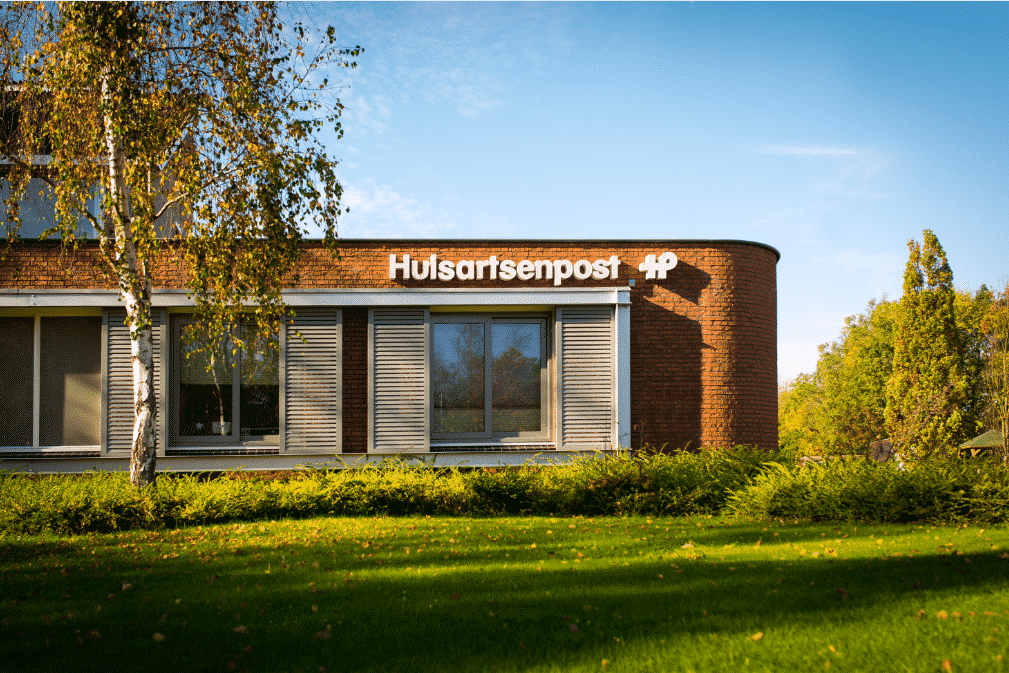
LSP news September 2020 by Sleutelnet
10-09-2020 -On account of Corona opt-in, many more files can be successfully retrieved at once and here the quality of care is greatly beneficial. However, it is the case that a (temporarily) Corona opt-in does not count as a regular opt-in and this is why it is It is important to still ask your patients for a regular opt-in. When the Corona opt-in is reversed, the records of patients who are not have arranged their consent through a regular opt-in no longer available. Here are some tips and tricks for ways you can regular opt-ins.
LSP Tips & Tricks
- The Flu vaccination campaign is a good opportunity to help vulnerable patient groups. for whom it is particularly important that their medical data is available to be. When you put out the call for the flu shot, it may be a good opportunity to include an LSP consent form, or on the back of the call. However, don’t forget to always have a information leaflet. You can then install a special bus in your practice where consent forms can be collected. So your employees do not have to receive the consent forms in person to take. If you would like help in drawing up an accompanying letter, or about the use of information materials, then Sleutelnet is always willing to support you in this.
- Care that your employees are aware of the LSP. When all employees use the consistently and actively approach patients who come to your practice about the LSP gives a lot of opt-ins. Under the tips & tricks you will find extra information about training courses attended by both physicians and assistants on the use of the LSP.
- Care that the LSP is visible within your practice. You can achieve this by putting up posters in the waiting room, on doors or walls in your practice or on the notice board. Via the webshop of VZVZ is possible to download or order free material and then distribute it. In addition, VZVZ also has a subtitled version of the animated film “how does it work” the LSP” is available at the following link. You can use this (possibly without sound) play in the waiting area of your practice.
- Create Use of verbal consent. From a legal point of view, it is sufficient to request verbal consent. This means that the assistant will be able to ask for verbal consent at the counter. However, it is then necessary to hand over an information leaflet to the patient. These are available in Dutch, but also in several other languages and can be can be found here. In addition to handing over the information leaflet, a comment should be made in the HIS that the patient has “given verbal consent”. The date should also be noted in the comments field.
- Go a partnership with a local pharmacy. You can use this form to do this, which allows patients to do so in one go. be able to give permission for both the pharmacy and the general practitioner. You can then For example, agreeing to exchange the forms once a week. This It may take some time initially, but it will also pay off for you. It is so that that patients with repeat prescriptions regularly come to the pharmacy, but they may not visit you regularly in your GP practice. It is therefore more difficult to reach these patients. With a combined consent form, you can still reach these patients.
- On the moment it is because of the Corona opt-in only on an individual level and via a query to see if your patient is already in the regular way consent to the LSP. It is therefore useful to keep this in mind (vulnerable) patients on an individual level.
LSP Trainings
It It is important that both the GP and the assistant are well aware of it is how the LSP works. The assistant can play an important role in asking patients for consent. That is why VZVZ offers online training to train both general practitioners and assistants in the use of of the LSP. Some of the things that will be discussed during the training are:
- What is the National Exchange Point and how it works;
- Which one healthcare providers which data can register and request from the National Switching point;
- It Explain the National Exchange Point to patients;
- The answer frequently asked questions about the National Exchange Point;
- On ask for permission from patients in a correct manner.
The basic training courses of the National Exchange Point are provided by VZVZ on the following days offered online:
- Wednesday 23 September 2020 from 12:00 – 13:00
- Thursday 8 October 2020 from 12:00 – 13:00
You can register via the following link for one of the training sessions.
Sleutelnet can also provide training in physical form that are tailor-made for your practice. For more information You can contact Simon Wils (swils@sleutelnet.nl), Leonieke van Willigen (lvanwilligen@sleutelnet.nl) by e-mail or contact us by phone on 071-5140130. We are also available for questions related to the Corona opt-in or other questions related to the LSP.
Back to overview